✱Although some records claim Öcalan was born on April 4th, Öcalan himself claims to not know the exact date of his birth other than knowing it was between 1946-1947.
Abdullah Öcalan, born on this day in 1947, is a socialist theorist, feminist, political prisoner, and one of the founders of the Kurdistan Workers' Party (PKK). His concept of "democratic confederalism" has been influential in Rojava.
Öcalan helped found the PKK in 1978, and led it into the Kurdish-Turkish conflict in 1984. For most of his leadership, he was based in Syria, which provided sanctuary to the PKK until the late 1990s.
After being forced to leave Syria, Öcalan was abducted in Nairobi in 1999 by the Turkish National Intelligence Agency (MIT) (with the support of the CIA) and taken to Turkey, where he was sentenced to death under Article 125 of the Turkish Penal Code, which concerns the formation of armed organizations.
From prison, Öcalan has published several books, including "Prison Writings: The Roots of Civilisation", "Prison Writings Volume II: The PKK and the Kurdish Question in the 21st Century", and "Democratic Confederalism". Öcalan also advocates for a form of feminism known as "Jineology".
Öcalan's philosophy of democratic confederalism, which draws heavily from Murray Bookchin's concept of "communalism", is a strong influence on the political structures of Rojava, an autonomous polity formed in Syria in 2011.
"Without an analysis of women's status in the hierarchical system and the conditions under which she was enslaved, neither the state nor the class-based system that it rests upon can be understood."
- Abdullah Öcalan

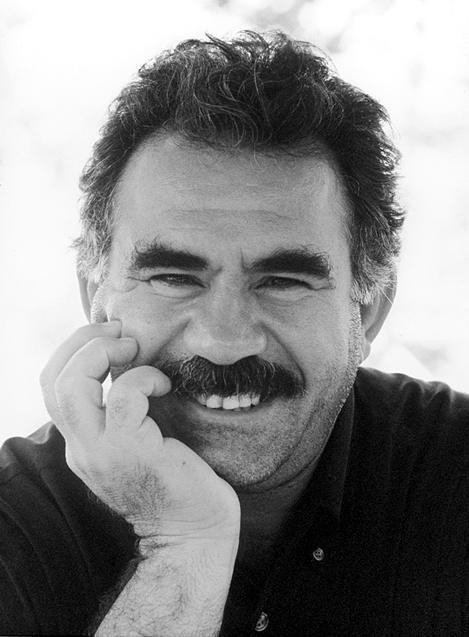

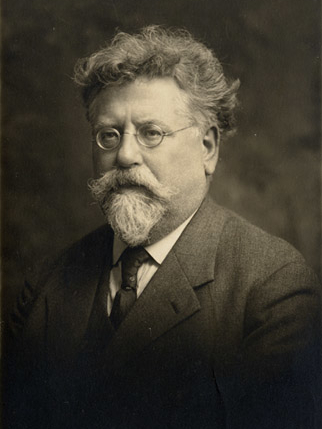

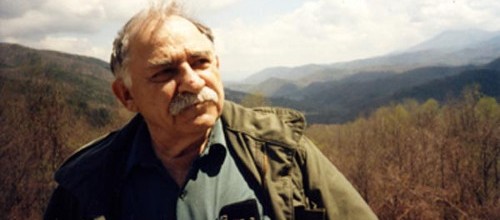


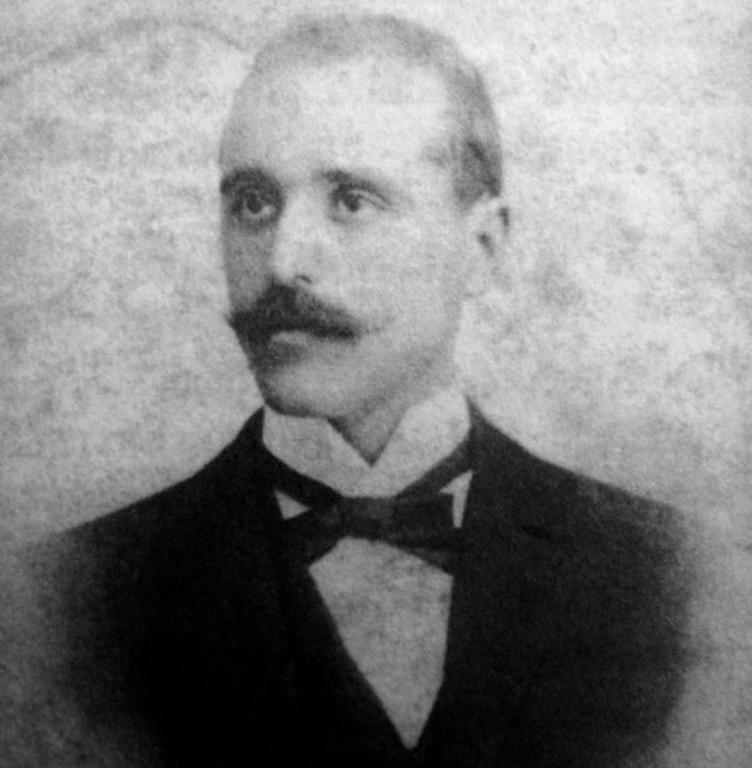


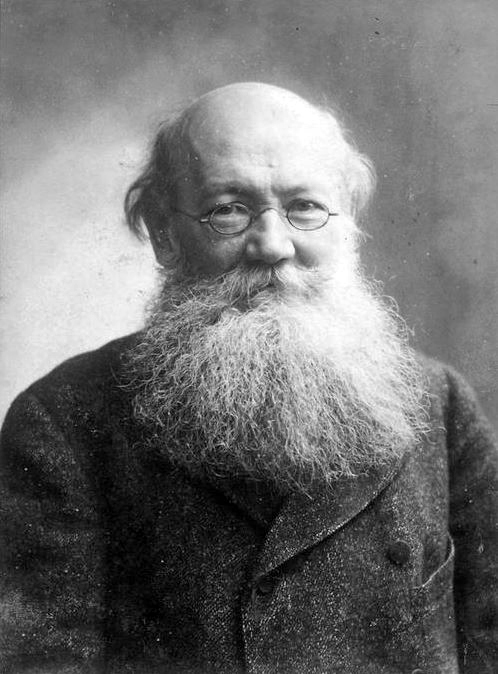

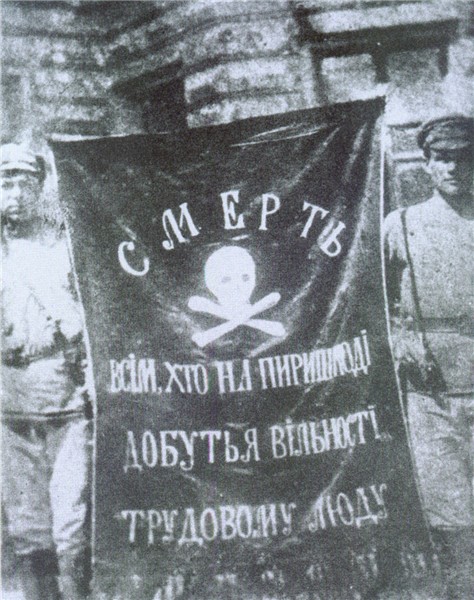


Some coverage here that attempts to answer that question: https://www.middleeasteye.net/news/israel-iran-escalation-prompts-turkey-launch-talks-pkk
TL;DR: Regional instability has Ankara spooked, and they don't want to have to worry about the PKK seizing any openings if things escalate. The Turkish government's bargaining position is quite good right now, so they want to take the opportunity before that changes.